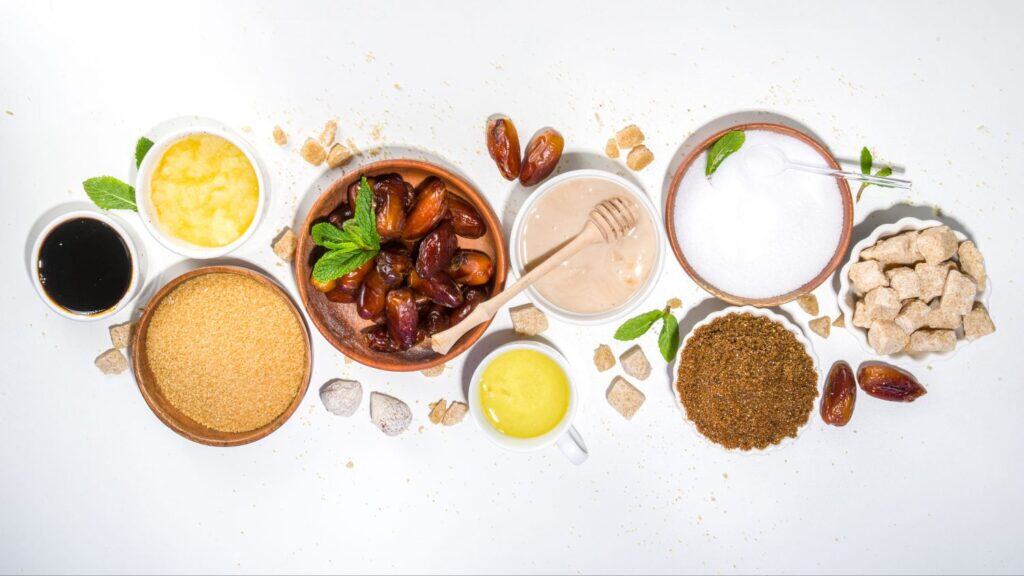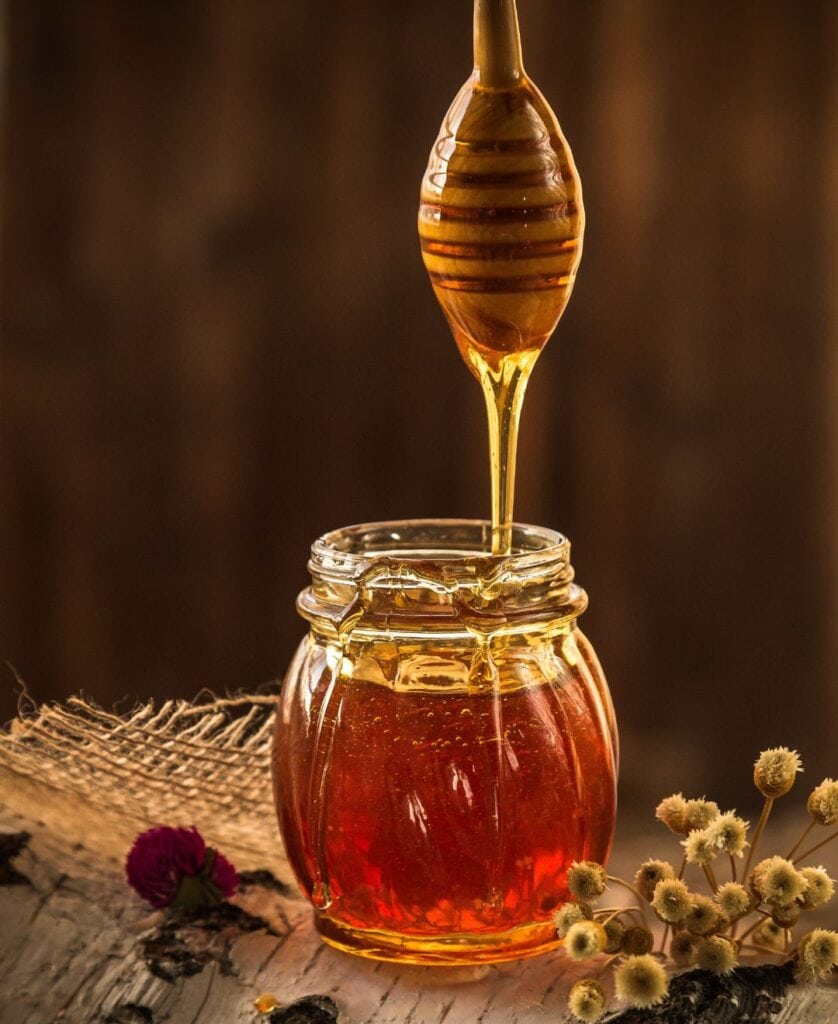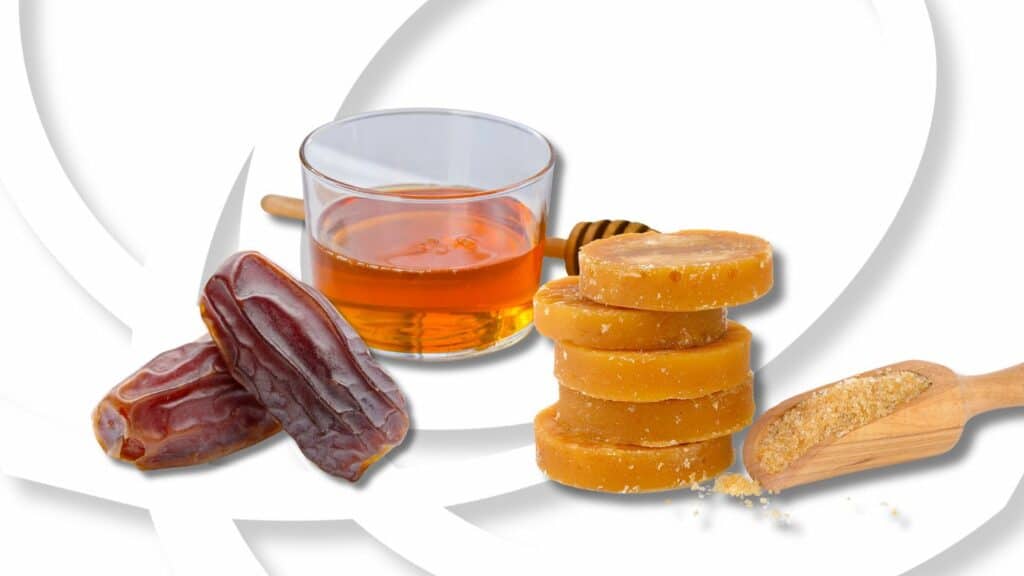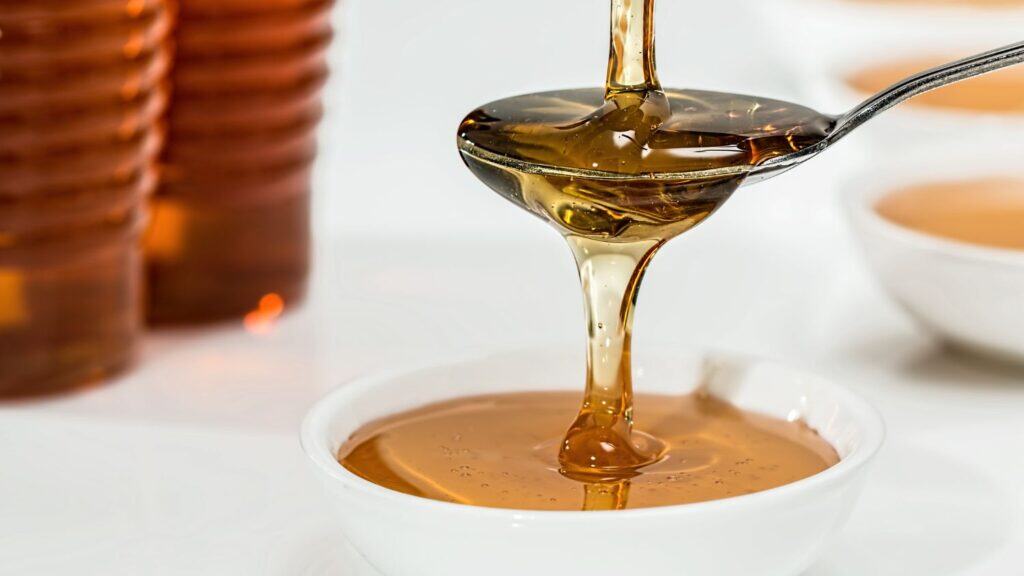Hitting your health goals without giving up indulgent treats? For years, this may have sounded like a fantasy. Still, in the quest to offer cleaner labels and healthier options, developers are increasingly turning to a new wave of natural sugar alternatives and sweeteners that can turn this dream into a reality.
From organic sugar substitutes to low-glycemic sweeteners, natural sugar alternatives and sugar reduction options continue to grow, each offering something different for consumers.
Why Consumers Want Sugar Replacements & Reduction
According to research from Innova Market Insights, 62% of global consumers believe that choosing natural foods is the best way to ensure a healthy diet, with 60% stating that clean labels can significantly influence their purchasing decisions.

More often than not, this puts a spotlight on refined sugars for their prevalence in ultra-processed foods and the potential health risks associated with them.
Fortunately, this demand for clean-label ingredients and healthier sugar alternatives has led to rapid innovation around sugar substitutes and sugar reduction.
Keeping it Natural
One look at social media, and you’ll find no shortage of “healthy” and indulgent recipes that simply swap out the white and brown sugar for honey or maple syrup.
This tends to be less about what you’re taking out and more about what you gain from the swap.

Both honey and maple syrup contain trace amounts of vitamins, minerals, and antioxidants.
Honey has long been used for its medicinal benefits, including treating cold symptoms and potential allergy relief.
Certain polyphenolic compounds in maple syrup are believed to have anti-inflammatory properties.
Perhaps most importantly to consumers, both are sweeter than your typical white sugar, meaning you can use less while still getting the same impact.
Other natural sugar alternatives that have been gaining popularity as stand-alone ingredients and as part of product formulations include date sugar, agave syrup, jaggery, and yacon syrup.
Like maple and honey, Ashley Sabo, Senior Scientist – Technical Sales at Edlong, believes people are attracted to these natural sugar alternatives for more than their sweetness.
“A major reason these new sugar alternatives, like date sugar, are becoming more common is that they have nutritional benefits that ‘regular’ sugar doesn’t. For example, some retain their fiber content, and many contain essential minerals like potassium and magnesium.”
Moreover, unlike honey, most of these are considered vegan.
Then, of course, there is the issue of where these sweeteners fall on the glycemic index (GI), a measurement ranging from 0 to 100 that indicates how a food impacts blood sugar levels.
Unsurprisingly, many of these tend to have lower (better) scores on the GI than other refined sugars, making them a “healthier” alternative for many. Even those that may still rank higher on the GI could still be a preferred choice for some due to their potential nutritional and health benefits.
Let’s take a closer look at a few of these ingredients and their benefits.
Date Sugar
Source: Dates
Benefits:
-Rich in antioxidants, polyphenols, potassium, magnesium, and vitamin B6
-Contains fiber, which can help regulate blood sugar and promote digestion
GI Score: 55
Agave Syrup
Source: Agave Plants
Benefits:
-Agave inulin can act as a prebiotic, promoting a healthier gut
–Rich in antioxidants, including flavanones, flavones, and tannins, that may help reduce blood pressure, risk of cancer, and more
-Contains vitamin K, B6, and folate
GI Score: 15-30
Jaggery
Source: Boiling, concentrating, and clarifying sugarcane juice or the sap of palm
Benefits:
-Contains calcium, phosphorus, magnesium, potassium, iron, zinc, copper, and vitamins like folic acid.
-Rich in antioxidants such as phenols and phenolic acids
GI Score: 84

Low or No-Calorie Sweeteners
For some, simply choosing a healthier option isn’t enough.
Developers or consumers looking to reduce sugar rather than replace it may need lower- or no-calorie, low-glycemic sweeteners.
One that has gained considerable attention recently is yacon syrup.
Dark in color with a consistency similar to molasses, this sweetener is extracted from the roots of the yacon plant, natively found in the Andes Mountain region of South America.
What makes this yacon syrup so intriguing is not that it’s sweet but that it is one of the best dietary sources of fructooligosaccharides (FOS), a type of fructan that is a soluble dietary fiber.
In fact, yacon syrup is composed of roughly 40-50% fructans.
Because of this, a large portion of the sweetener can’t be absorbed during digestion, resulting in only a third of the caloric value of sugar.

Additionally, there is evidence that it can help improve digestion, lower blood sugar, and improve metabolic health, potentially aiding in weight loss.
Moving to the “no-calorie” side of the spectrum, the most popular natural non-nutritive sweeteners currently are monk fruit and stevia.
Each is derived from natural sources, with monk fruit sweetener coming from the Siraitia grosvenorii plant, a vine native to China, and stevia leaf extract from the leaves of Stevia rebaudiana, native to South America.
It is not uncommon to find these paired with another sweetener, such as sugar alcohols, allulose, or erythritol, which occur naturally but can be reproduced synthetically.
These extracts both have little to no glycemic impact and are rated as much as 200-300x sweeter than sugar.
This combination of naturalness and intense sweetening power has made monk fruit and stevia extremely popular among followers of and developers of products for low-carb diets, such as the keto diet. Certain types of flavors can also contribute to the perception of sweetness.
Not to be confused with sweeteners, flavors like Edlong’s Sweet Success line contain a wide range of sweet brown profiles.
Through aroma compounds and other mechanisms, these flavors are able to enhance the perception of the sweetness already present without adding any sugar or sweetening ingredients.
Regardless of what route a developer chooses, all reformulations can come with both benefits and drawbacks.

Development Considerations
“When it comes to alternative sweeteners in the market, there are many different options. Each one has it’s own positive and negative,” says Sabo.
“Sugar doesn’t only provide sweetness, but can play a functional role in your formula and processing. I think it’s essential to understand how each sugar alternative works and reacts in in your given product. For example, when with baking applications, you will want to be aware of the moisture content. Agave will add moisture, which will affect your product’s texture and structure. On the other hand, Agave dissolves well in beverage applications, even cold beverages, whereas sugar sometimes has more trouble dissolving in a cold beverage.”
Unlike pure sucrose, non-nutritive sweeteners like monk fruit and stevia are so potent that they can cause a lingering effect or metallic off-notes. Mitigating such impacts may require pairing them with additional ingredients or modifications to the base.
Yet, Sabo doesn’t believe these should be deterrents; instead, they should be considerations for companies and their development partners when choosing the best sugar replacement or reduction goals.
“Overall, understanding the unique properties of each sugar alternative is key to choosing the right one for both the health benefits of consumers and the successful results in each application.”
Still have a taste for something sweet? From smoked sugar to sous vide, learn about the science and innovations reinventing Sweet Brown Flavors. Read our in-depth look here.
About the Author: Ashley Sabo, Senior Scientist – Technical Sales
Ashley Sabo is an Technical Sales at Edlong, working in the applications lab on customer projects ranging from vegan products to categories from bakery to snacks. Ashley has a degree in Agriculture Economics from the University of Kentucky, a degree in Culinary Arts and Baking and Pastry from the College of DuPage, and is currently working toward a Master in Food Science from Washington State University. While attending the College of DuPage, Ashley was part of the culinary team that won the American Culinary Federation IL State Competition for two consecutive years. She is also a member of the RCA.
Topics: Better For YouSweet dairy flavorsSweet Spot
Resource Type: Article
